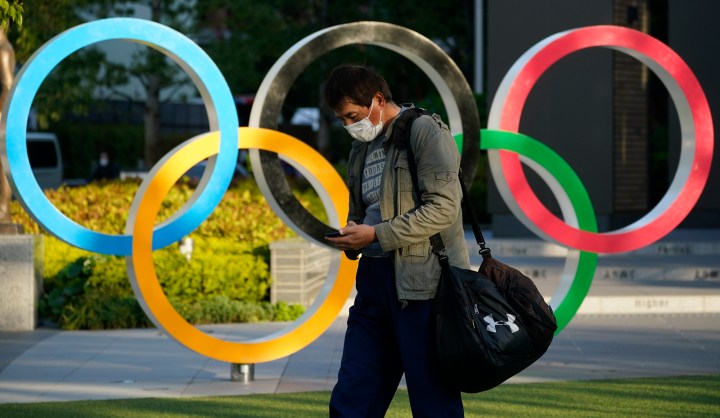GAMES CHANGER
Tokyo Olympics organisers to apply strict Covid-19 protocols to athletes

Athletes finally have some clarity on the Covid-19 protocols they will face at the Tokyo Games later in 2021 after organisers release a list.
With fewer than 90 days until the opening of the 2020 Tokyo Olympics (2020 is retained in the title despite the Games being staged in 2021), athletes at the global showpiece will have more than performances to worry about.
A strict set of guidelines and Covid-19 measures has been issued to athletes and officials who will be in Tokyo, which will add some layers of angst to proceedings.
The tension of competition and living in an Olympic Village in close quarters with other athletes will have the added complication of avoiding a Covid-19 breakout. A spate of cases in Tokyo could scupper the entire event. So, no pressure then on young athletes, who should only be focused on their disciplines.
The uncertain nature of the pandemic also means that fans are unlikely to be allowed into venues staging sports, although there is still some debate about allowing in a limited number.
But for thousands of athletes who will be in Tokyo chasing their Olympic dreams, there is at least some clarity about pandemic protocols after the International Olympic Committee (IOC) issued regulations on Wednesday in a joint statement with the government of Japan, Tokyo 2020 and the International Paralympic Committee (IPC).
The outline is:
- All participants are required to take two Covid-19 tests before their flight to Japan;
- In principle, athletes and all those in close proximity to athletes will be tested daily to minimise the risk of undetected positive cases that could transmit the virus. The dates and times will be set in line with the sports events and schedule;
- All other Games participants will be tested daily for three days after their arrival. After the first three days and throughout their stay they will be tested regularly, based on the operational nature of their role and level of contact with athletes
- All Games participants must, in principle, follow only the activities they have outlined in their activity plan. They must minimise contact within 1m of Games participants who have already been in Japan for more than 14 days, and with Japanese residents;
- All Games participants must, in principle, exclusively use dedicated Games vehicles and they are not allowed to use public transport;
- All Games participants must, in principle, eat only in the limited locations where Covid-19 countermeasures are in place, including catering facilities at Games venues, their accommodation’s restaurant, and their rooms, using room service or food delivery;
- Close contacts are defined as those who have prolonged contact (for 15 minutes or more) with a person who has a confirmed positive Covid-19 test, within 1m, without wearing a mask. This is particularly applicable when such contact happens in enclosed spaces such as hotel rooms or vehicles. Cases will be confirmed by the Japanese health authorities.
The IOC and Japanese authorities have developed their Covid-19 playbooks based on scientific and medical advice as well as the experiences of hundreds of sports events that have taken place during the pandemic.
The participation of fans will also be reassessed closer to the time.
“They are based on the ongoing work of the All Partners Task Force, which includes the government of Japan, the Tokyo Metropolitan Government, the Tokyo 2020 Organising Committee, the IOC, the IPC, World Health Organization and independent experts and organisations from across the world,” the statement said.
“A third version of the playbooks is expected to be published in June. As with all the previous versions, it will take the latest scientific developments into consideration.
“As we look into the evolving situation with the domestic infections’ status involving new strains, we have agreed that a decision regarding spectator capacity at the Olympic and Paralympic venues will be made in June, in line with the government’s general guidance concerning the upper limit of spectator capacity in sports events.
“This follows the significant decision in March, when the IOC and IPC were informed about the conclusion of the Japanese parties not to allow entry into Japan for overseas spectators for the Olympic and Paralympic Games Tokyo 2020 due to the prevailing worldwide Covid-19 pandemic. Meanwhile, the IOC, the IPC and Tokyo 2020 continue to work on optimising the number of participants attending the Olympic and Paralympic Games Tokyo 2020.” DM


















 Become an Insider
Become an Insider
Comments - Please login in order to comment.